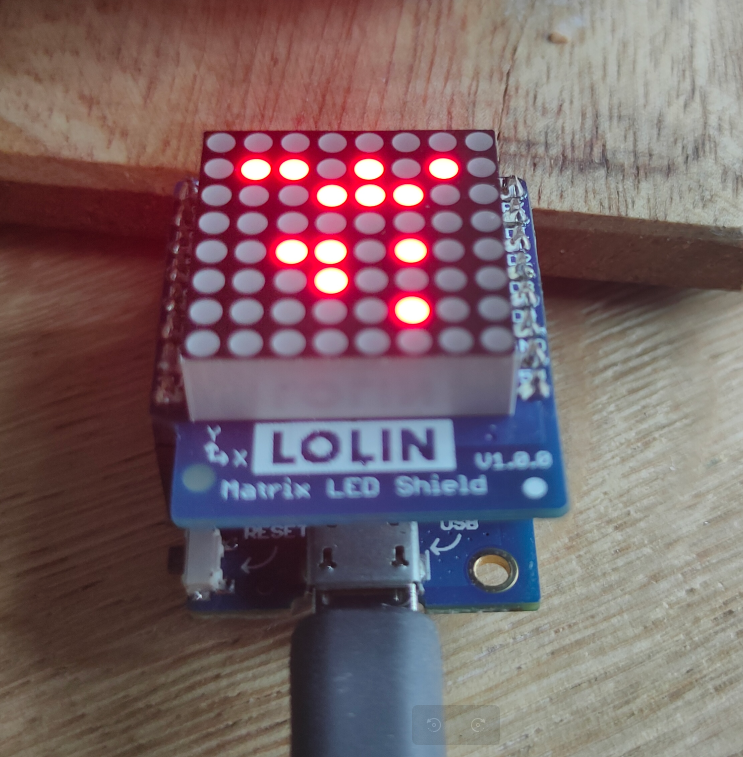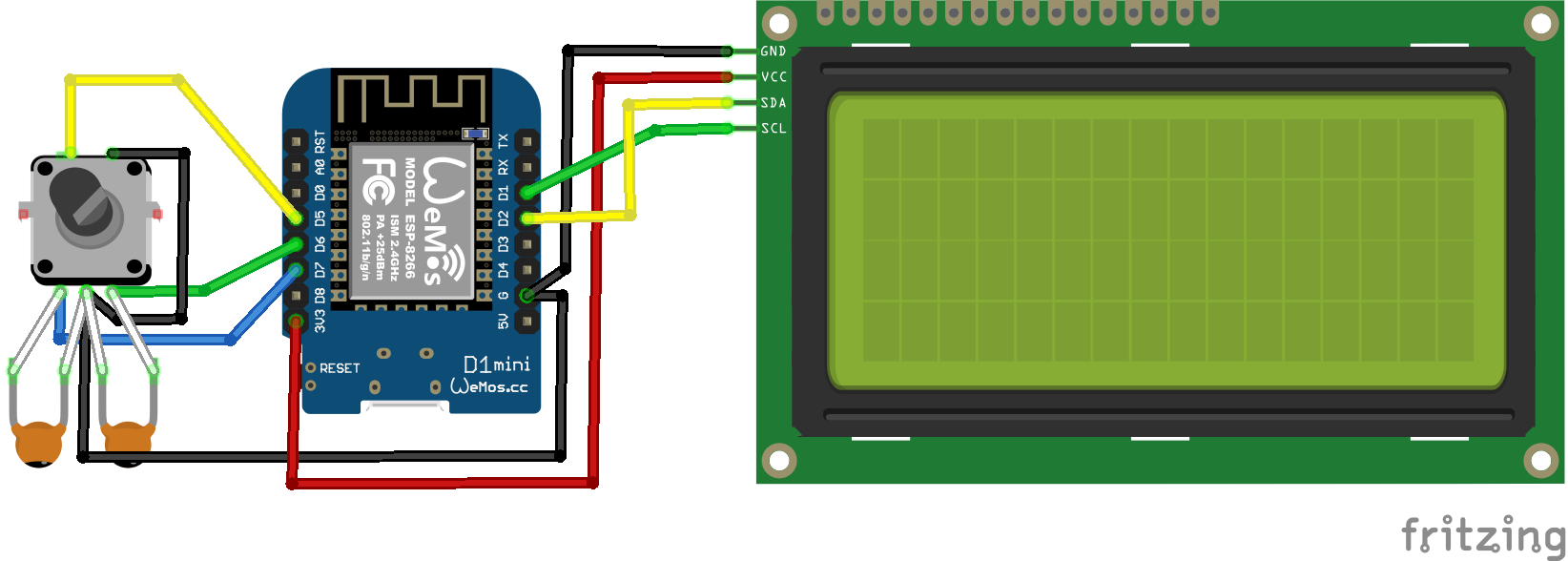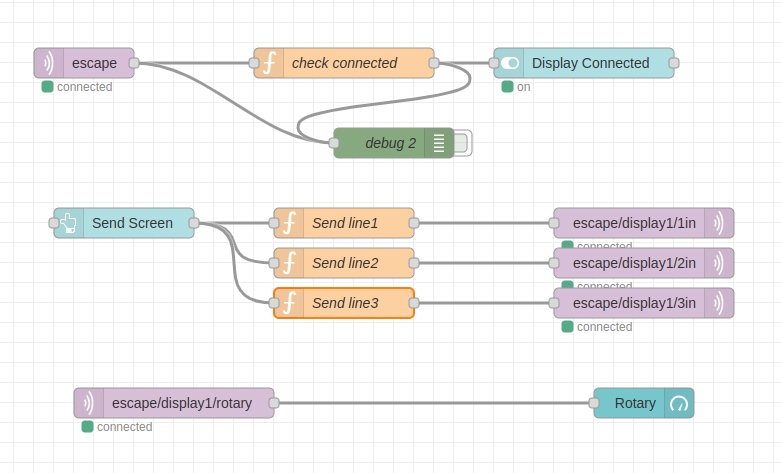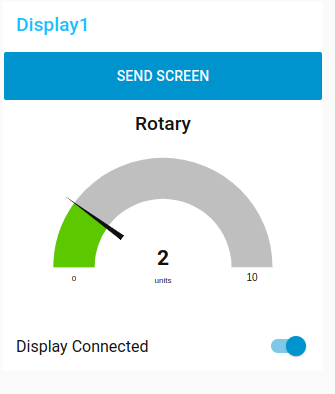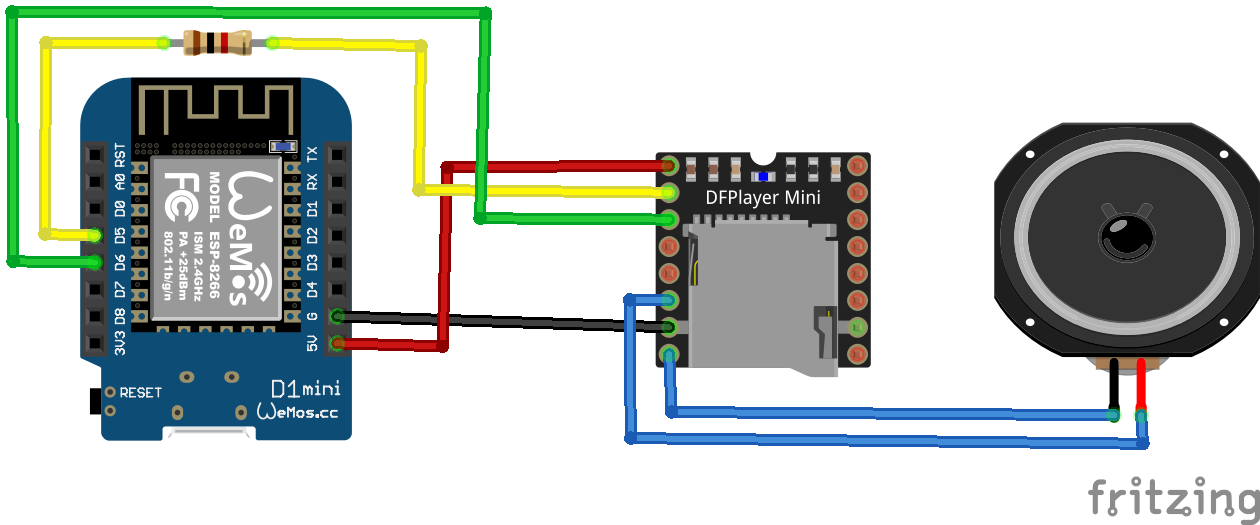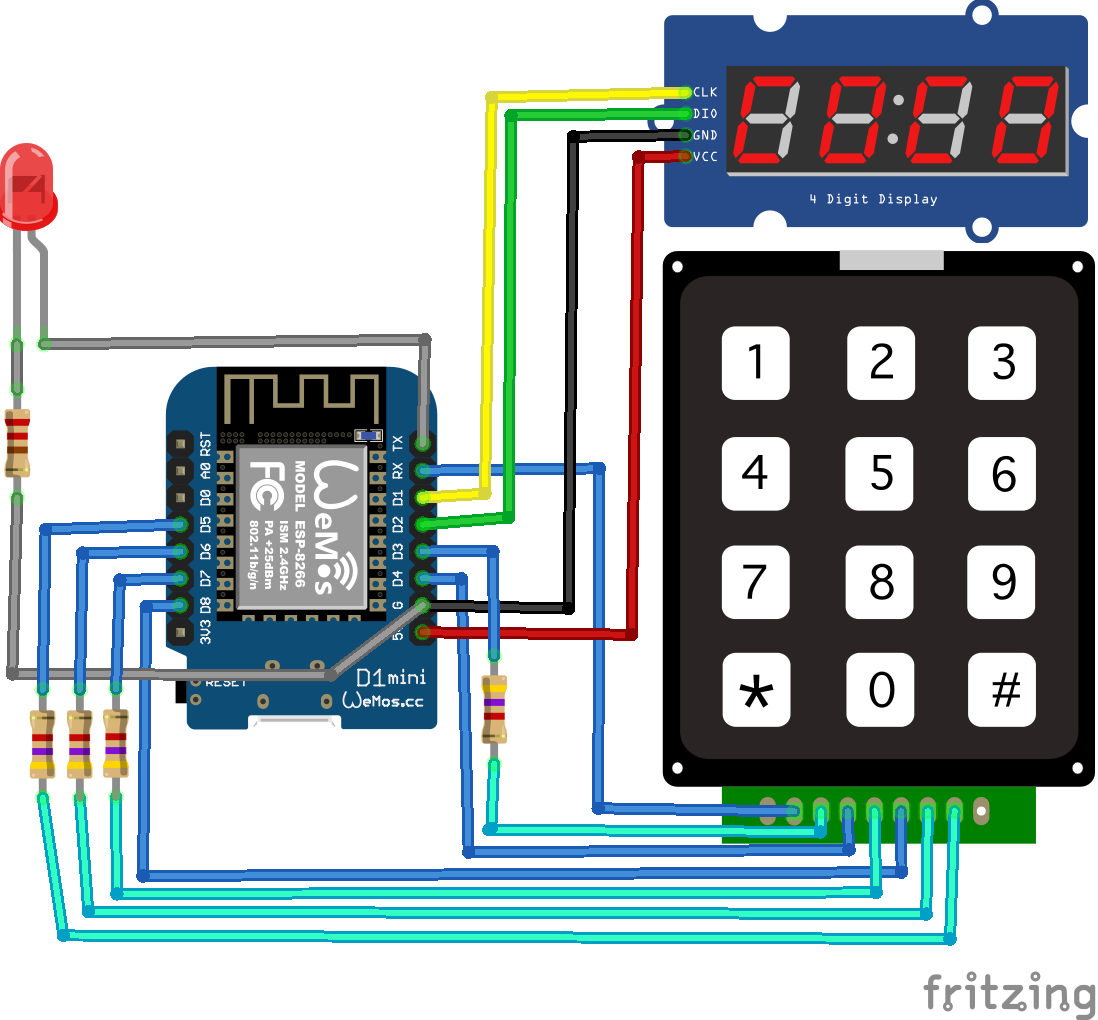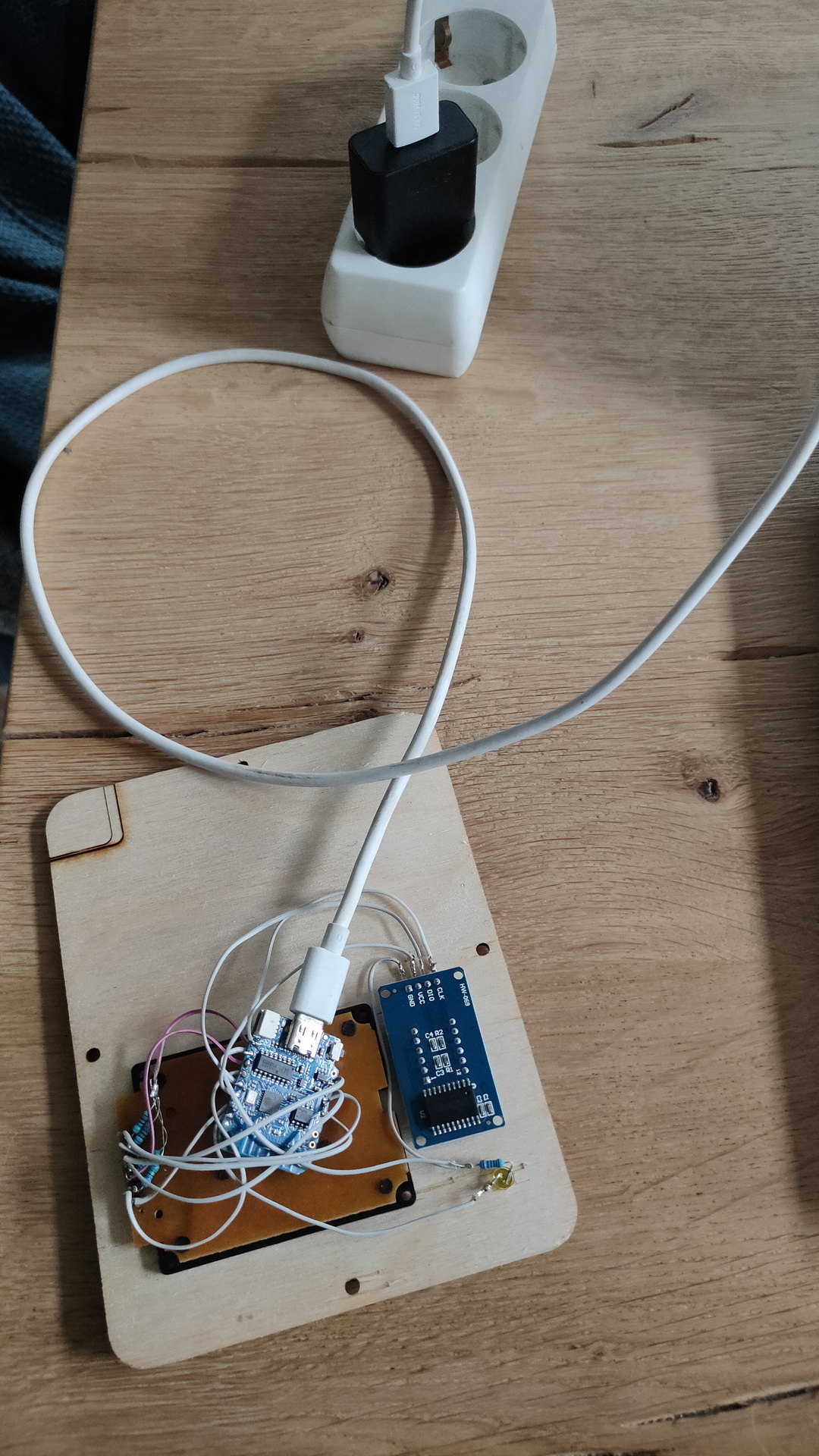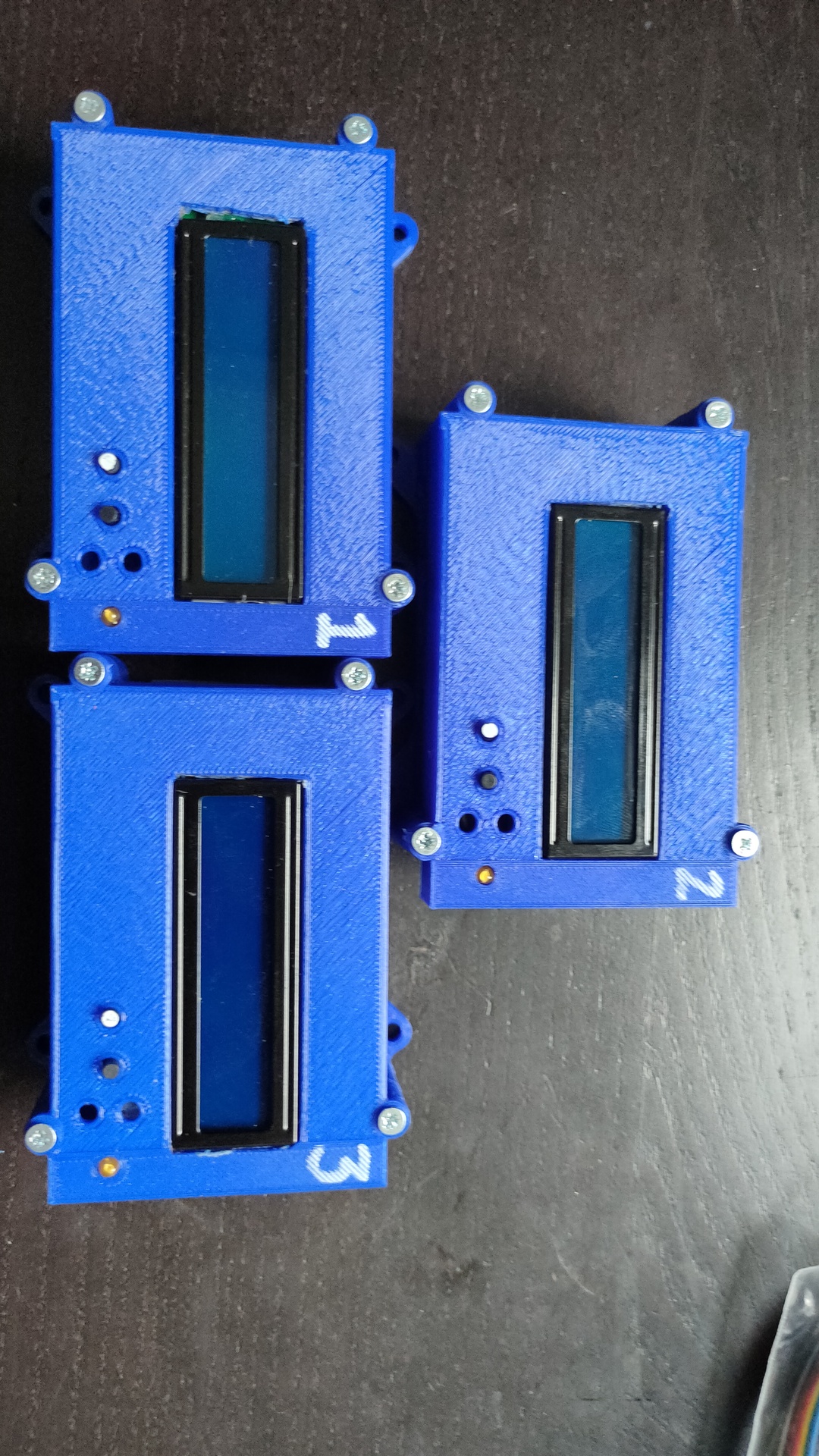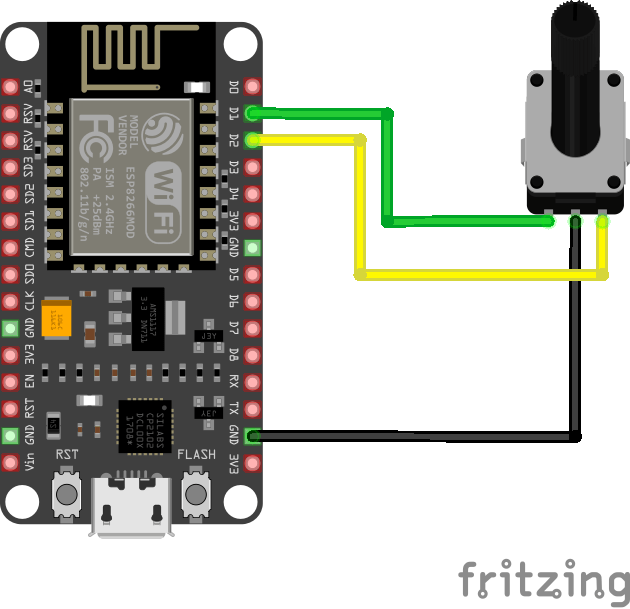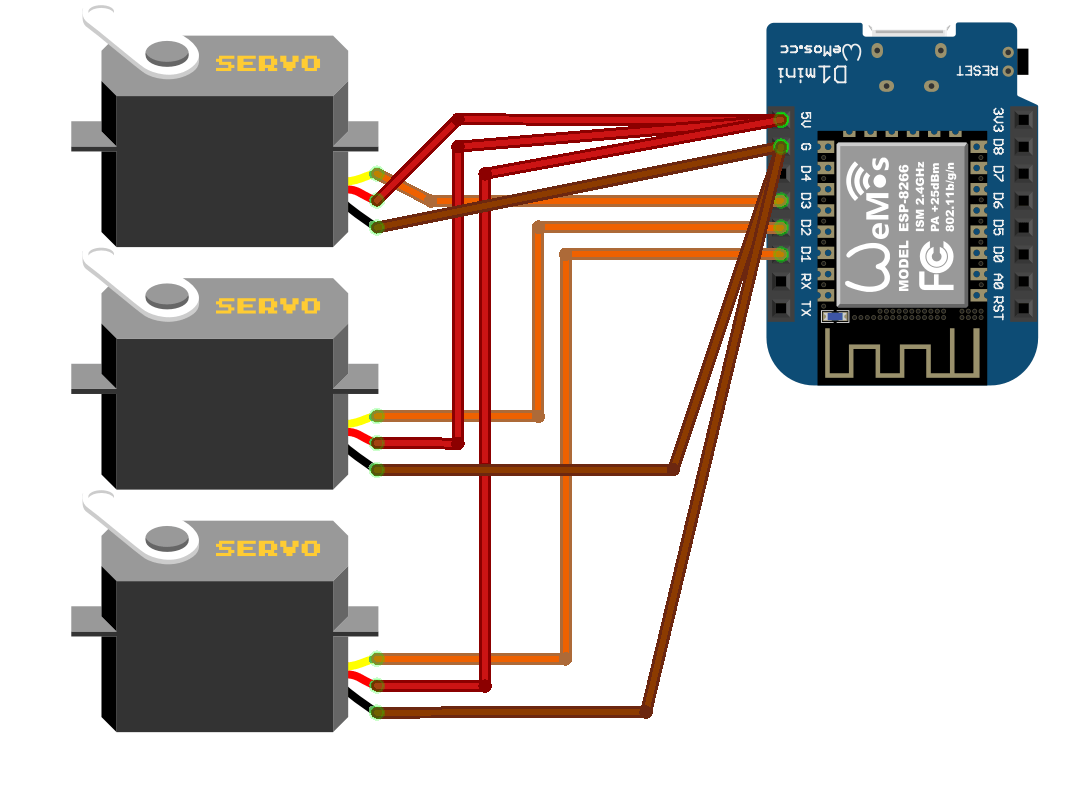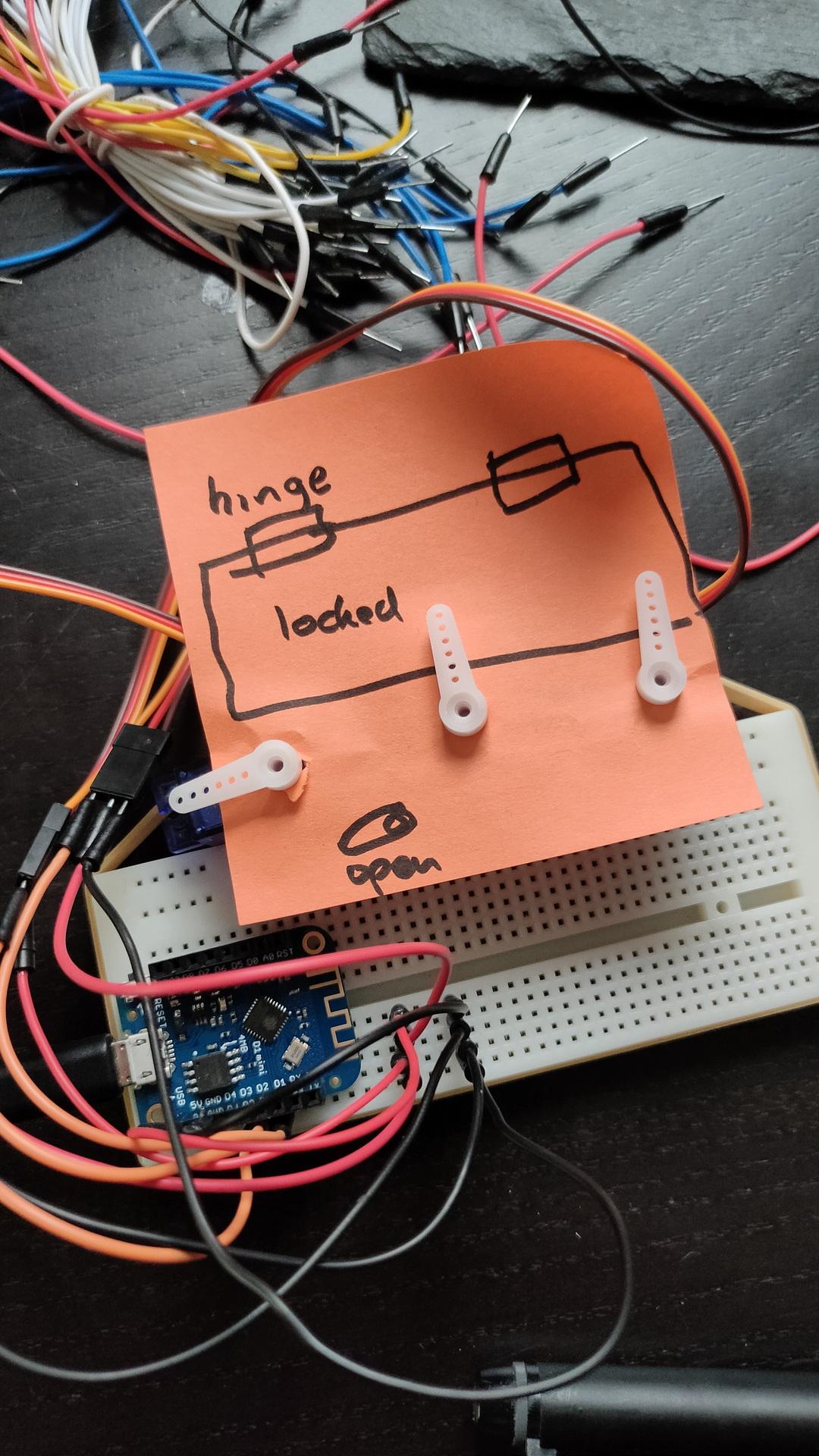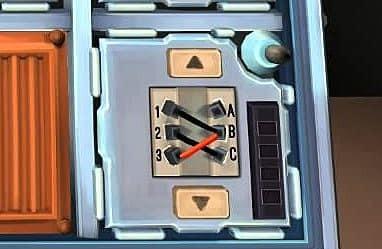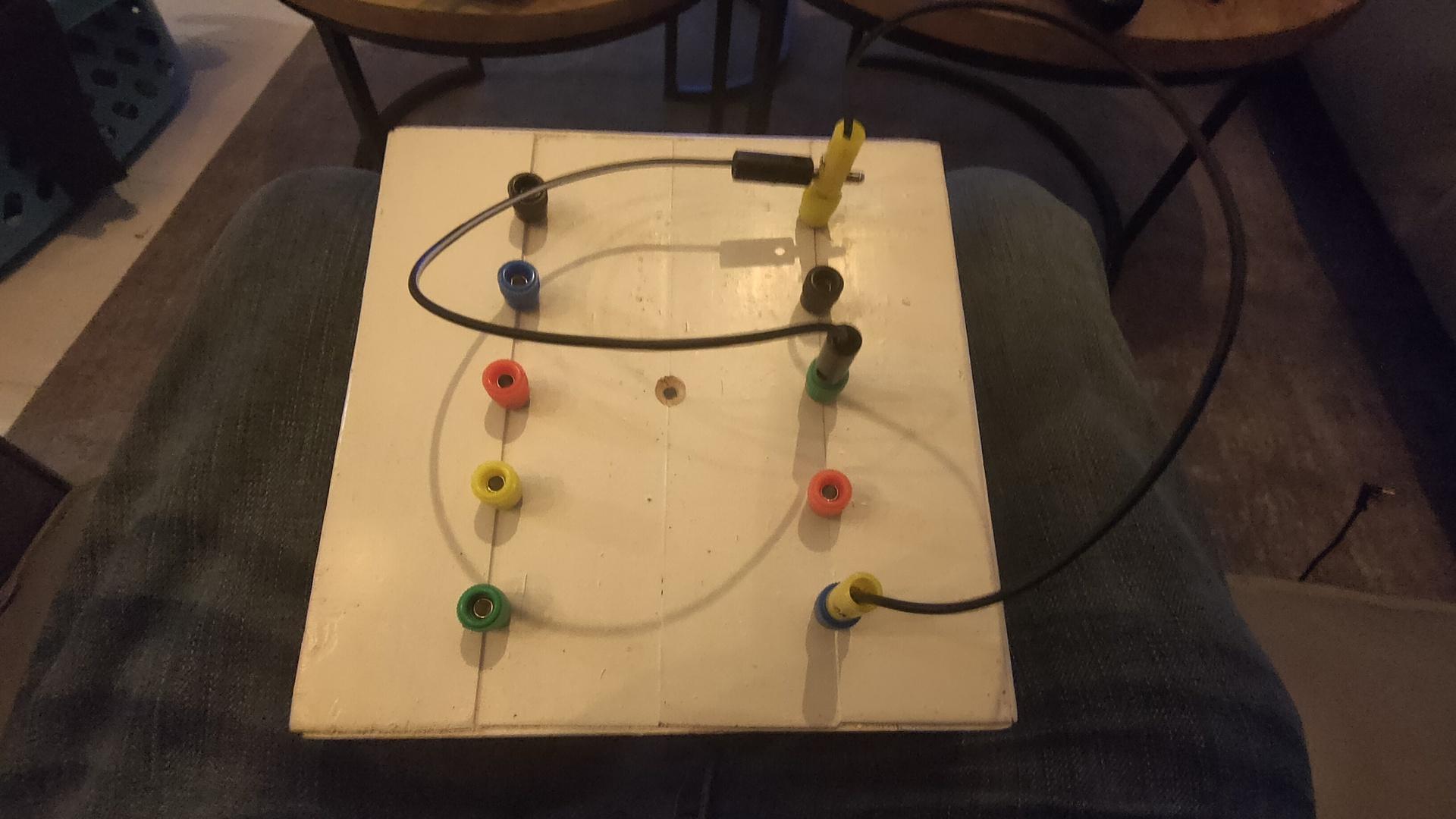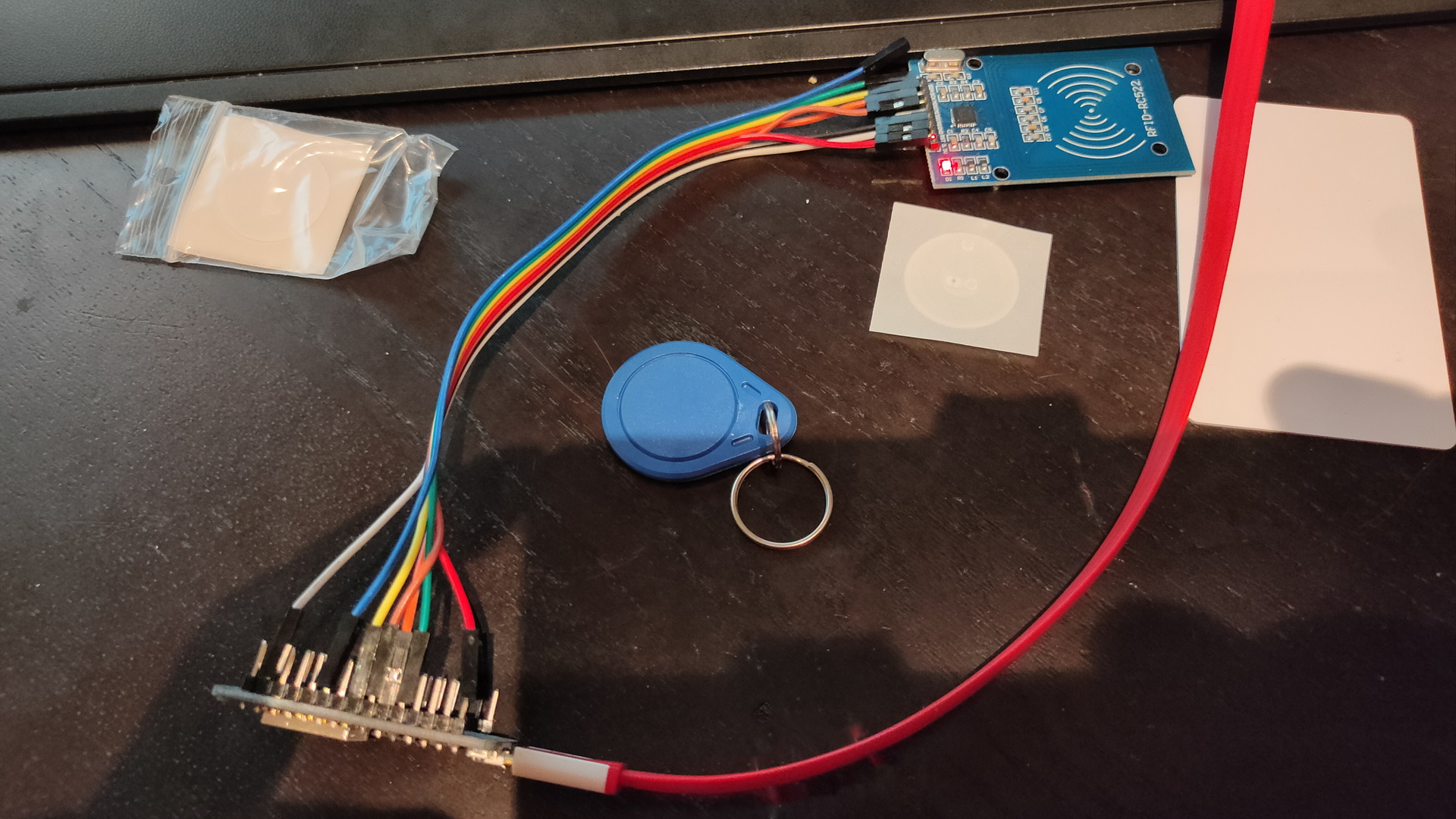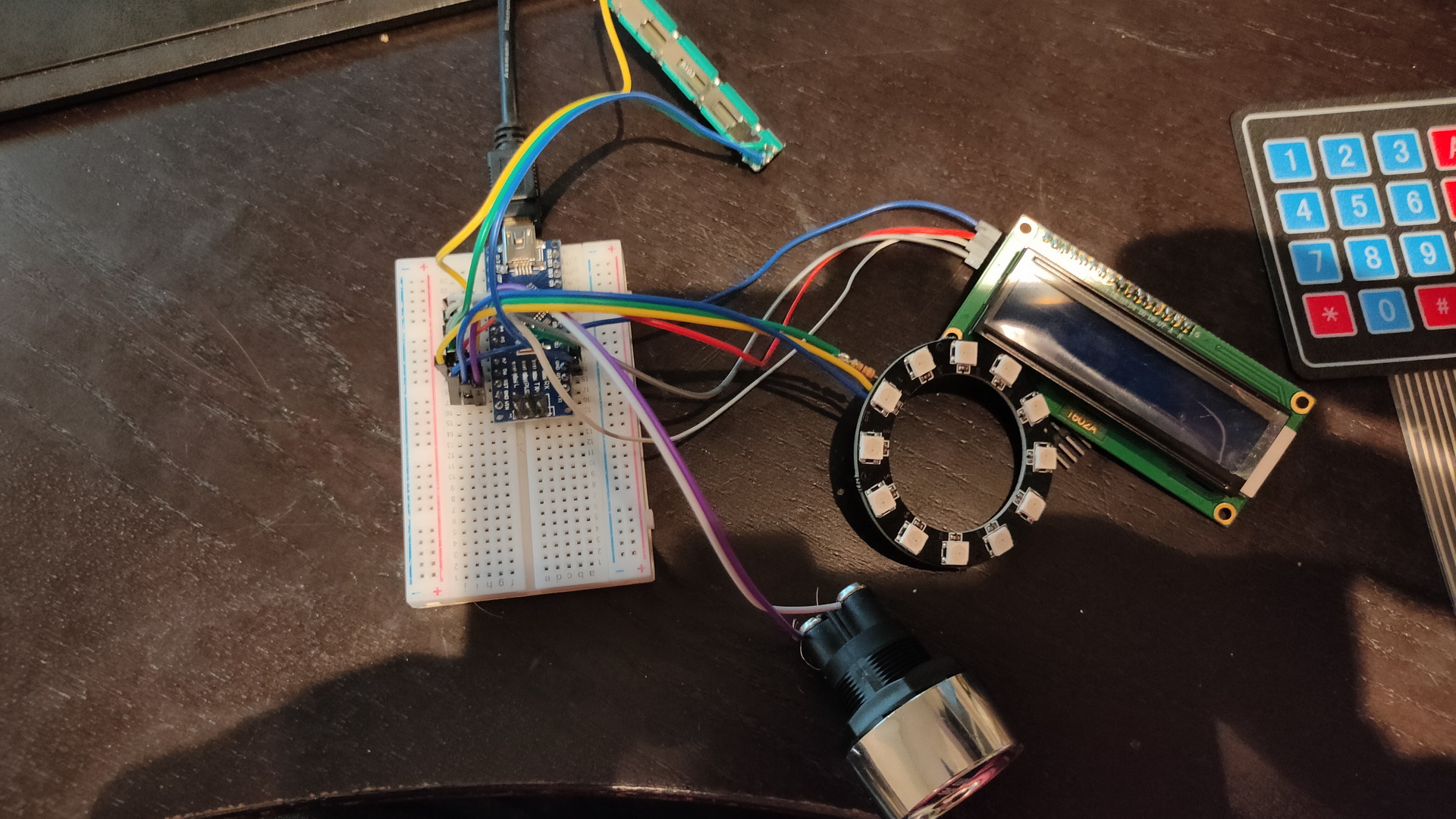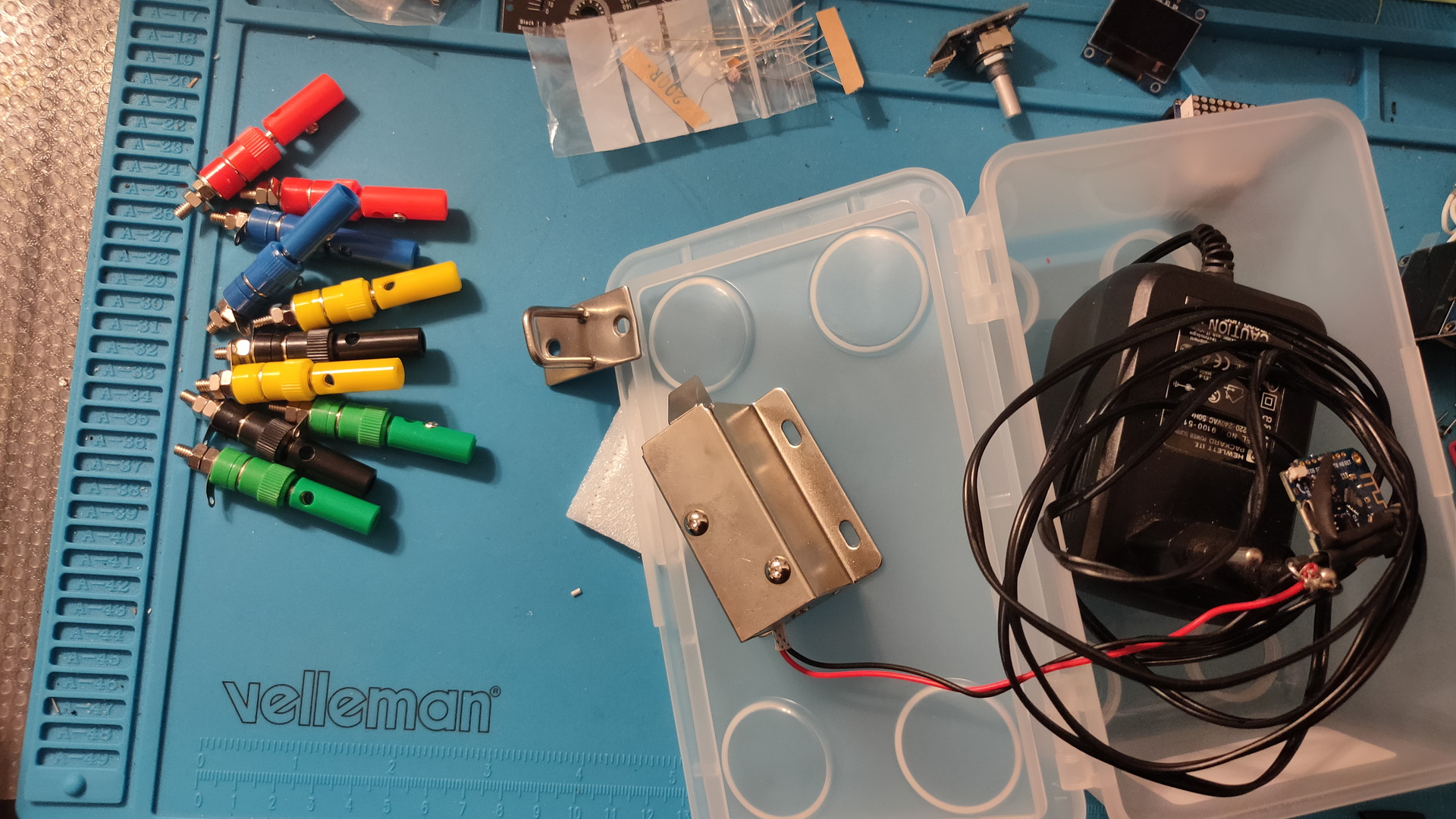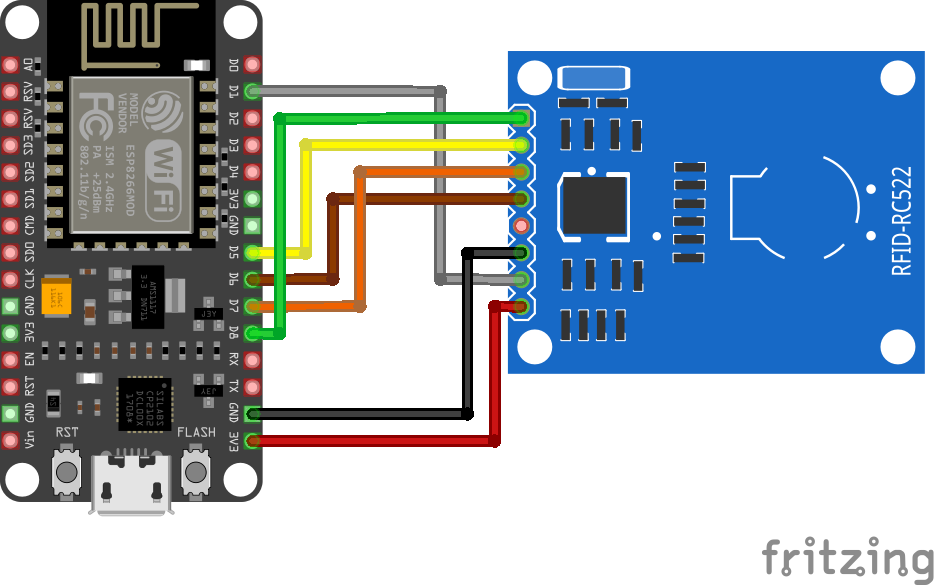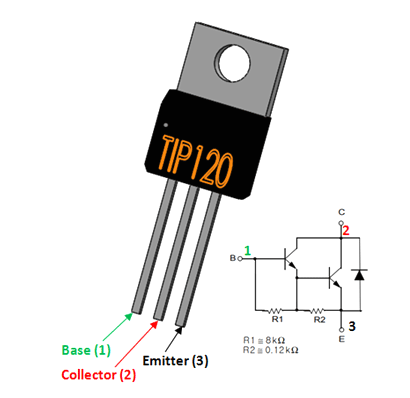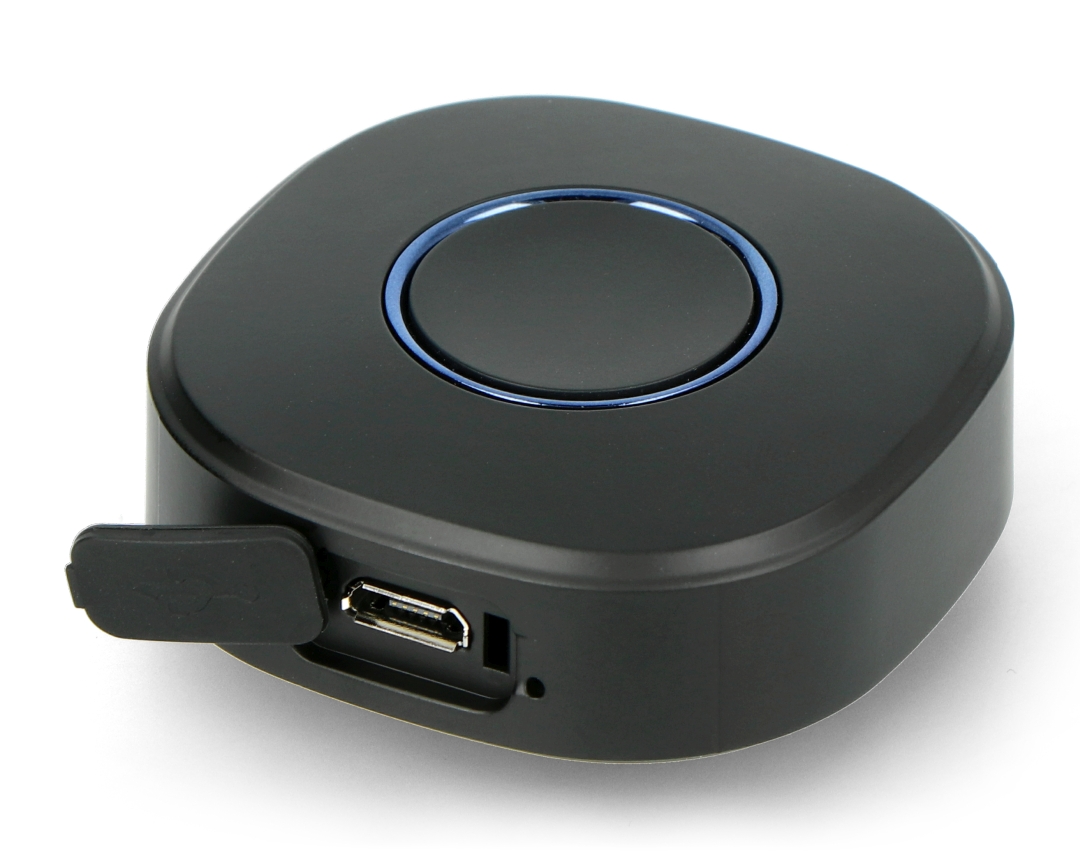Follow up on yesterday’s post
Using a html page with javascript, I made a proof of concept displaying realtime information from the sensor.
The sensor is active using a Home Assistant integration.
https://www.henriaanstoot.nl/2022/11/07/home-assistant-nodered-update/
But using the Node-red integration, i take the payload and write this to a mqtt topic
The HTML page below reads the topic using the websocket configured in mosquitto and draws the distance using canvas
cat /etc/mosquitto/conf.d/websockets.conf
listener 9001
protocol websockets
allow_anonymous true
Distance drawn using canvas. Little dividers on top are meters
HTML PAGE with javascript
<?xml version="1.0" encoding="UTF-8" standalone="no"?>
<!DOCTYPE html PUBLIC "-//W3C//DTD XHTML 1.0 Transitional//EN" "http://www.w3.org/TR/xhtml1/DTD/xhtml1-transitional.dtd">
<html xmlns="http://www.w3.org/1999/xhtml">
<head>
<title></title>
<meta name="viewport" content="width=device-width, initial-scale=1.0">
<script src="https://cdnjs.cloudflare.com/ajax/libs/paho-mqtt/1.0.1/mqttws31.js" type="text/javascript"></script>
<script type = "text/javascript"
src = "https://ajax.googleapis.com/ajax/libs/jquery/2.1.3/jquery.min.js"></script>
<script type = "text/javascript">
var connected_flag=0
var mqtt;
var reconnectTimeout = 2000;
var host="MQTTSERVER";
var port=9001;
var sub_topic="web/#";
function onConnectionLost(){
console.log("connection lost");
document.getElementById("status").innerHTML = "Connection Lost";
document.getElementById("messages").innerHTML ="Connection Lost";
connected_flag=0;
}
function onFailure(message) {
console.log("Failed");
document.getElementById("messages").innerHTML = "Connection Failed- Retrying";
setTimeout(MQTTconnect, reconnectTimeout);
}
function onMessageArrived(r_message){
out_msg="Message received "+r_message.payloadString+"<br>";
//out_msg=out_msg+"Message received Topic "+r_message.destinationName;
//console.log("Message received ",r_message.payloadString);
console.log(out_msg);
document.getElementById("messages").innerHTML =out_msg;
var topic=r_message.destinationName;
if(topic=="web/module1")
{
document.getElementById("module1").innerHTML =r_message.payloadString;
}
if(topic=="web/module2")
{
document.getElementById("module2").innerHTML =r_message.payloadString;
var canvas = document.getElementById('canvas');
var context = canvas.getContext('2d');
var centerX = 10;
context.clearRect(0, 0, 1800, 1000);
var centerY = 10;
var radius = r_message.payloadString;
let circle = new Path2D(); //
circle.arc(centerX, centerY, radius, 0, 2 * Math.PI, false);
//context.fillStyle = 'white';
context.fillStyle = "rgba(255, 255, 255, 0.2)";
context.fill(circle); //
context.lineWidth = 5;
context.strokeStyle = '#000066';
context.stroke(circle); //
// top line
context.beginPath();
context.moveTo(10, 10);
context.lineTo(1500, 10);
context.stroke();
// 3x dividers
context.beginPath();
context.moveTo(400, 0);
context.lineTo(400, 20);
context.stroke();
context.beginPath();
context.moveTo(800, 0);
context.lineTo(800, 20);
context.stroke();
context.beginPath();
context.moveTo(1200, 0);
context.lineTo(1200, 20);
context.stroke();
}
}
function onConnected(recon,url){
console.log(" in onConnected " +reconn);
}
function onConnect() {
// Once a connection has been made, make a subscription and send a message.
document.getElementById("messages").innerHTML ="Connected to "+host +"on port "+port;
connected_flag=1
document.getElementById("status").innerHTML = "Connected";
console.log("on Connect "+connected_flag);
mqtt.subscribe(sub_topic);
}
function MQTTconnect() {
console.log("connecting to "+ host +" "+ port);
var x=Math.floor(Math.random() * 10000);
var cname="controlform-"+x;
mqtt = new Paho.MQTT.Client(host,port,cname);
//document.write("connecting to "+ host);
var options = {
timeout: 3,
onSuccess: onConnect,
onFailure: onFailure,
};
mqtt.onConnectionLost = onConnectionLost;
mqtt.onMessageArrived = onMessageArrived;
//mqtt.onConnected = onConnected;
mqtt.connect(options);
return false;
}
function sub_topics(){
document.getElementById("messages").innerHTML ="";
if (connected_flag==0){
out_msg="<b>Not Connected so can't subscribe</b>"
console.log(out_msg);
document.getElementById("messages").innerHTML = out_msg;
return false;
}
var stopic= document.forms["subs"]["Stopic"].value;
console.log("Subscribing to topic ="+stopic);
mqtt.subscribe(stopic);
return false;
}
function send_message(msg,topic){
if (connected_flag==0){
out_msg="<b>Not Connected so can't send</b>"
console.log(out_msg);
document.getElementById("messages").innerHTML = out_msg;
return false;
}
var value=msg.value;
console.log("value= "+value);
console.log("topic= "+topic);
message = new Paho.MQTT.Message(value);
message.destinationName = "web/"+topic;
mqtt.send(message);
return false;
}
</script>
</head>
<body onload="MQTTconnect()">
<table>
<tr><td>Sensor1:<td><td id="module1"><td><td >
<tr><td>Sensor2:</td><td id="module2"><td></tr>
</table>
<div id="status">Connection Status: Not Connected</div>
</div>
<br>
Messages:<p id="messages"></p>
<canvas id="canvas" width="1600" height="1000"></canvas>
</body>
</html>


